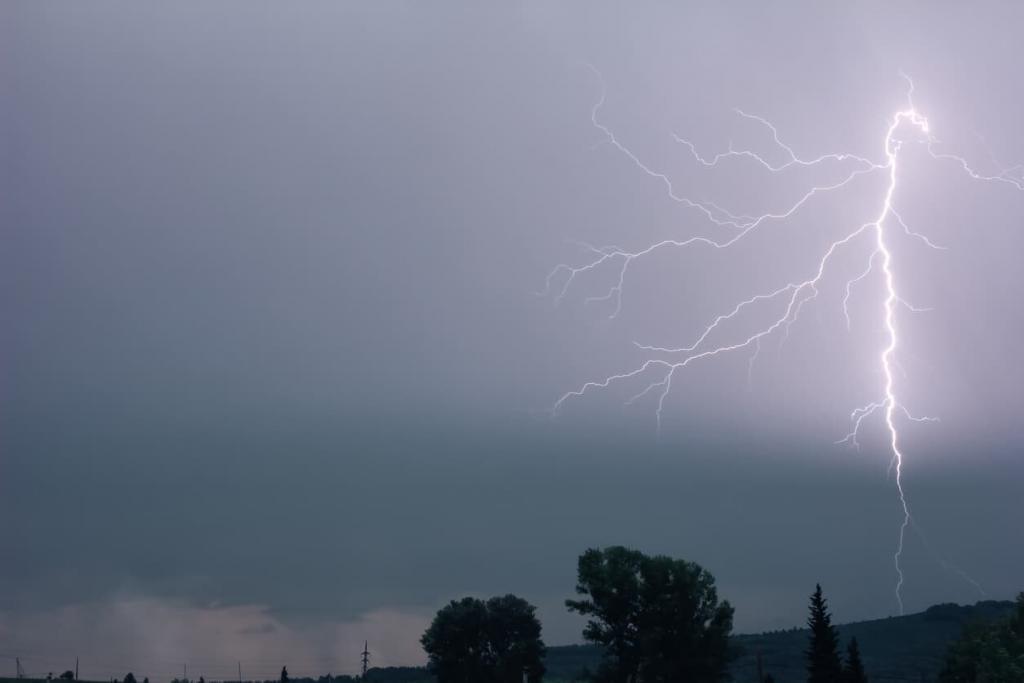In some cases, workers who need to be out on the field during a storm face this risk head-on.
National Geographic estimates that there’s a 1 in 700,000 chance of being struck by lightning in any given year. Though it may seem like an event that’s just possible in the movies, it’s not an impossibility in real life at all.
In some cases, workers who need to be out on the field during a storm face this risk head-on. If lightning strikes and you get injured, do you get workers’ comp benefits?

What Does the Law Say?
Workers’ compensation is a no-fault system, meaning that it doesn’t matter who is to blame for your injuries. You can get compensated even if you made a mistake that directly led to the accident, and you don’t have to prove your employer is at-fault either.
The same principle works for lighting strikes as well. These events are known as “Acts of God,” and apart from lightning strikes you also have:
- Floods
- Earthquakes
- Tornadoes
- Storms, etc.
If a worker is sent out on the field in the middle of any of these events and gets injured because of it, then legally they likely have a right to receive worker’s comp benefits. The only issue that may come into question is whether you needed to be there in the first place, or if you were on the clock.
For instance, if you get struck by lightning on your way to or from work, then workers comp generally doesn’t apply. Missouri doesn’t view commutes as part of your work activity, so your protection starts only when you begin your workday, and until it ends. Even the lunch break, if you take it off-site, is not included.
You may also be asked why you were there in the first place. Was it your job to be on-location, or did someone in your company specifically send you out there? If this is the case, then you’re still acting as an employee and are protected by worker’s comp. If you went out by yourself, and your job did not warrant it, your claim may get denied.
Who’s at Risk for These Injuries?
Those who need to perform their jobs outdoors are at risk of getting struck by lightning, especially if you’re also working at higher altitudes. These occupations can include:
- Roofing workers
- Construction workers
- Building maintenance crew
- Airport personnel
- Farming employees
- Power utility staff
- Telecommunications workers, etc.
Your employer has the obligation to ensure you can perform your job safely, and offer you the proper training and equipment to lower any risks, including the risks of lightning strike injuries.
Speak With a St. Louis Workers Compensation Attorney
If you’ve been struck by lightning, you’re likely dealing with some serious health problems. To make sure you get the full amount of compensation you are legally entitled to, reach out to a St. Louis worker’s compensation attorney right away for a case evaluation.
